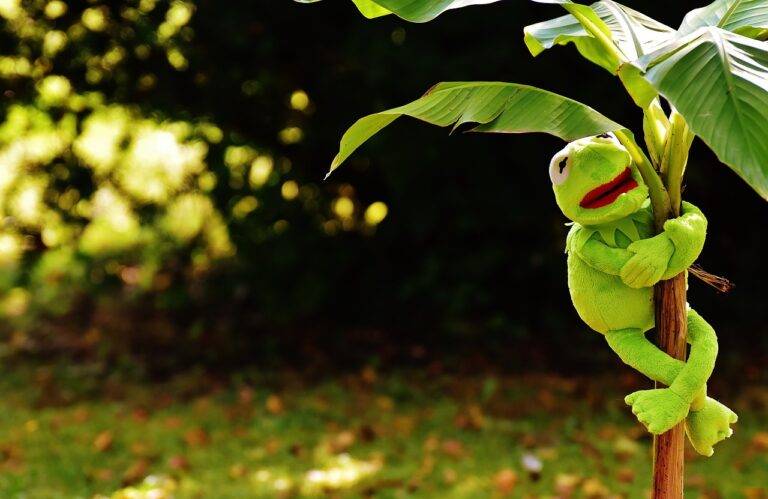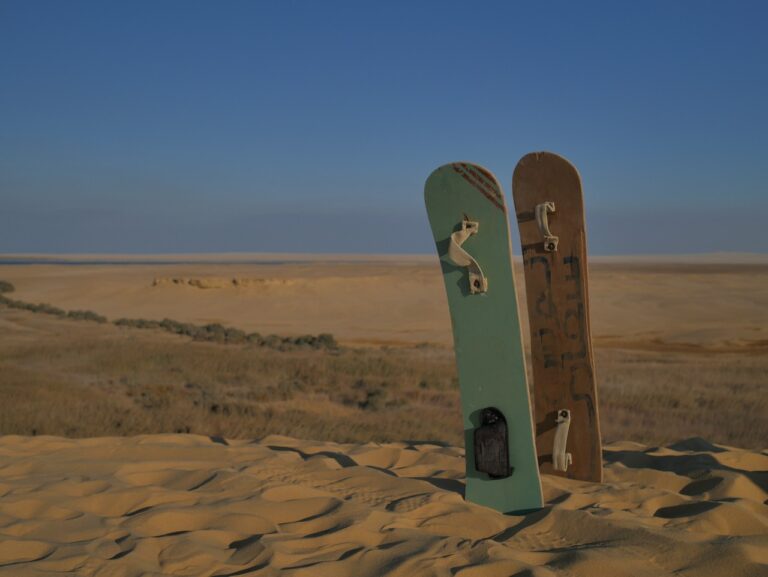Navigating Copyright and Licensing Issues in the Digital Recording Era: Laser book, Silverexch, 11xplay reddy login
laser book, silverexch, 11xplay reddy login: Navigating Copyright and Licensing Issues in the Digital Recording Era
In today’s digital age, the recording industry is constantly evolving, with music being more accessible than ever before. With the rise of music streaming platforms and social media channels, artists have the opportunity to reach a global audience with just the click of a button. However, along with this accessibility comes a slew of legal issues surrounding copyright and licensing.
As an artist or content creator in the digital recording era, it’s essential to understand the ins and outs of copyright law and licensing agreements to protect your work and ensure you’re compensated fairly for your creations. Here are some key points to keep in mind when navigating copyright and licensing issues in the digital realm.
Understanding Copyright Law
Copyright law protects original works of authorship, including music, from being reproduced, distributed, or performed without the permission of the copyright owner. In the music industry, this means that if you write and record a song, you automatically hold the copyright to that work.
Registering Your Copyright
While copyright protection is automatic, it’s a good idea to register your copyright with the U.S. Copyright Office. Registering your copyright provides additional legal protections and allows you to file a lawsuit if someone infringes upon your work.
Licensing Your Music
Licensing your music is a crucial step in monetizing your creations. There are different types of licenses, including mechanical licenses for reproducing and distributing your music, synchronization licenses for using your music in visual media, and performance licenses for playing your music in public.
Digital Distribution Platforms
With the advent of digital distribution platforms such as Spotify, Apple Music, and YouTube, it’s easier than ever to share your music with the world. However, it’s important to read the terms and conditions of these platforms carefully to understand how your music will be used and how you will be compensated.
Sampling and Fair Use
Sampling other artists’ music in your own creations can be a legal minefield. It’s essential to obtain permission from the original copyright owner before using any samples in your music. Additionally, understand the concept of fair use and how it applies to using copyrighted material in your work.
Work-for-Hire Agreements
If you’re working with other artists or producers on a project, it’s important to clarify who owns the copyright to the finished work. A work-for-hire agreement can help establish ownership rights and prevent disputes down the road.
Frequently Asked Questions:
Q: Can I use a copyrighted song in my YouTube video?
A: It’s best to obtain permission from the copyright owner before using any copyrighted music in your videos to avoid potential legal issues.
Q: How can I protect my music from copyright infringement?
A: Registering your copyright, licensing your music, and using legal contracts can help protect your music from copyright infringement.
Q: What should I do if someone infringes on my copyright?
A: If someone infringes on your copyright, you may need to take legal action to enforce your rights and seek compensation for damages.
Navigating copyright and licensing issues in the digital recording era can be complex, but with a solid understanding of the law and proper legal protections in place, you can protect your music and ensure that you’re fairly compensated for your work. By staying informed and proactive, you can navigate the digital landscape with confidence and creativity.







